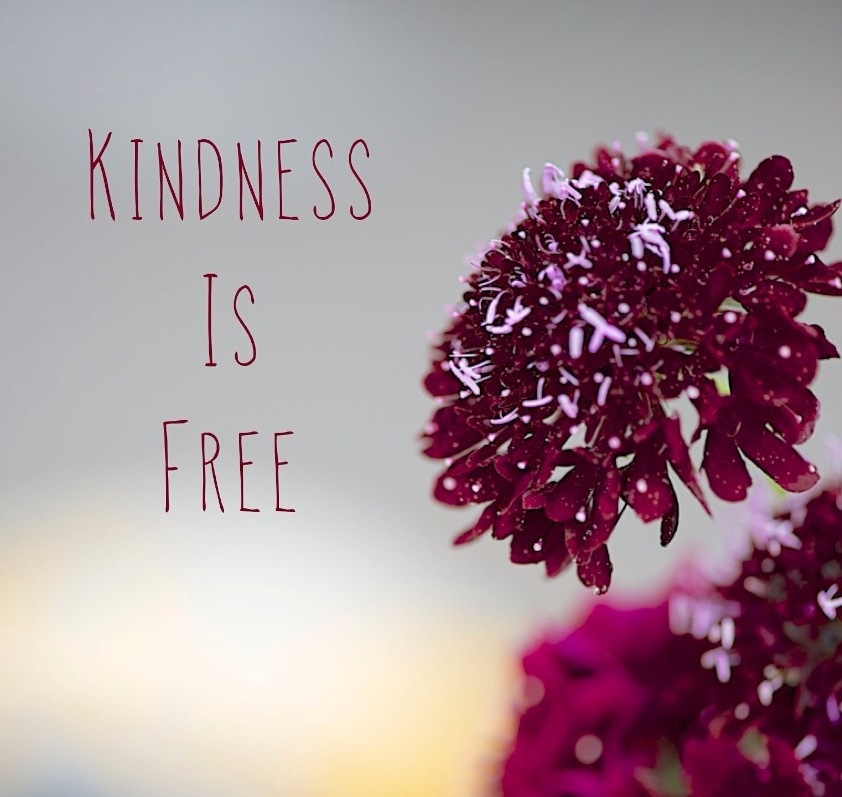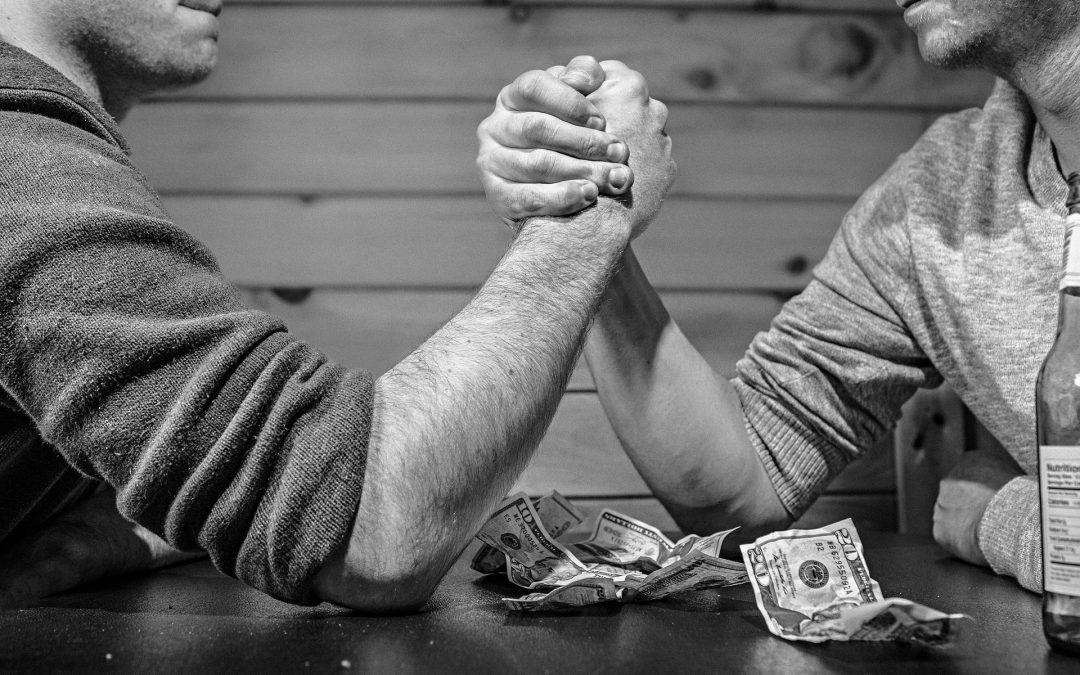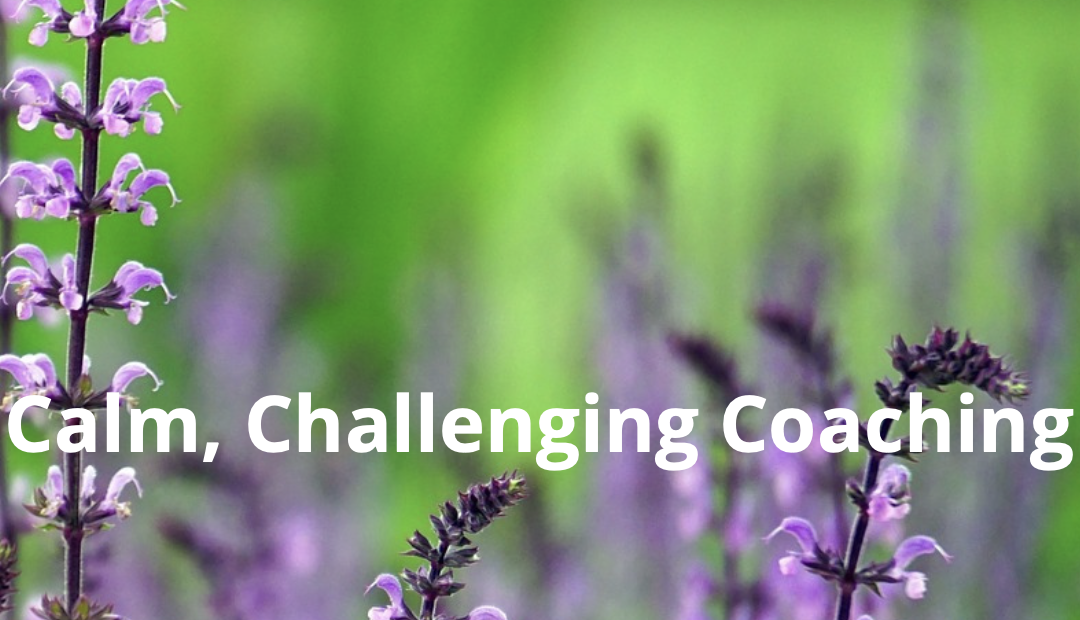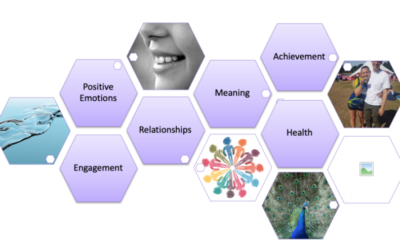
There is an old joke that money can’t make you happy, but it does let you be miserable in more comfort. But is that really true? Although some studies have shown that those who are wealthier are generally more happy than those struggling to make ends meet, it appears that we can become habituated to things, aspiring to more and comparing them to those of others, bringing down our happiness levels.
It seems that using our money or our time for good, by donating to worthy causes makes us happier than spending on ourselves, no matter what our own level of wealth is. It may also give us a moment of reflection on how good our lives are in comparison, which brings me to one of the phenomenon that has been sweeping social media over the past couple of years – random acts of kindness.
I have always been a fan of acts of kindness, random or otherwise. The smile of surprise and gratitude on someone’s face when something positive and unexpected happens; the returned smile when you smile at strangers; the connection with other people you get from interacting with them in an altruistic act have always energized me and lifted my own mood. It doesn’t have to be much, but it does need to be done without expectation of getting anything back, which is why corporate acts of charity can sometimes backfire. Studies have shown that although having a corporate cause can raise overall morale in a company, charitable actions should not be tied to promotions or annual appraisals as this can lead to a sense of entitlement in employees, which can itself lead to minor pilfering and unsanctioned sick days.
Some journalists were surprised at the comfort and assistance a few homeless people gave casualties after the recent bombing at the Manchester Arena. Why would they, who have nothing, and who have fallen out of mainstream society norms help other people they do not know without expectation of reward? It is simple really, right then, those casualties were in need and the ability to offer help was within the ability of the people on the streets. They acted without thinking. Someone was in more need than they were and for a short while, they were accepted for what they were, another human being, offering kindness.
Psychologists believe that the belief that our act makes a difference is what makes us happier. What that difference is, is down to our perception of what we are doing, which reminds me of the tale of the little boy walking down a beach, where thousands of starfish had been washed up. As he walked down the shoreline, he picked up starfish, throwing them back into the sea. An adult walking the other way asked what he was doing. “Saving the starfish”, says the little boy. “Don’t you see you are making no difference, there are too many?” said the grown up. “I have made a difference to this one”, answered the little boy, picking up another starfish and tossing it back into the waves. He wasn’t aiming to save them all, just do what he could.
So ask yourself what can you do today to make a difference? It may just be to offer a ‘good morning’ and a smile to one of the faceless labourers who move among us or to donate your old clothes to a worthy cause, or it may be more. There is a reason billionaires set up foundations to aid those less fortunate – giving to others is more satisfying than buying yet another diamond ring or house in the Hamptons.
Challenge yourself to do something kind for someone else today.







